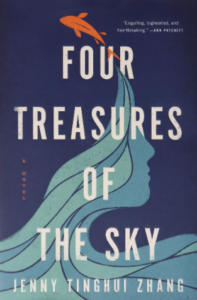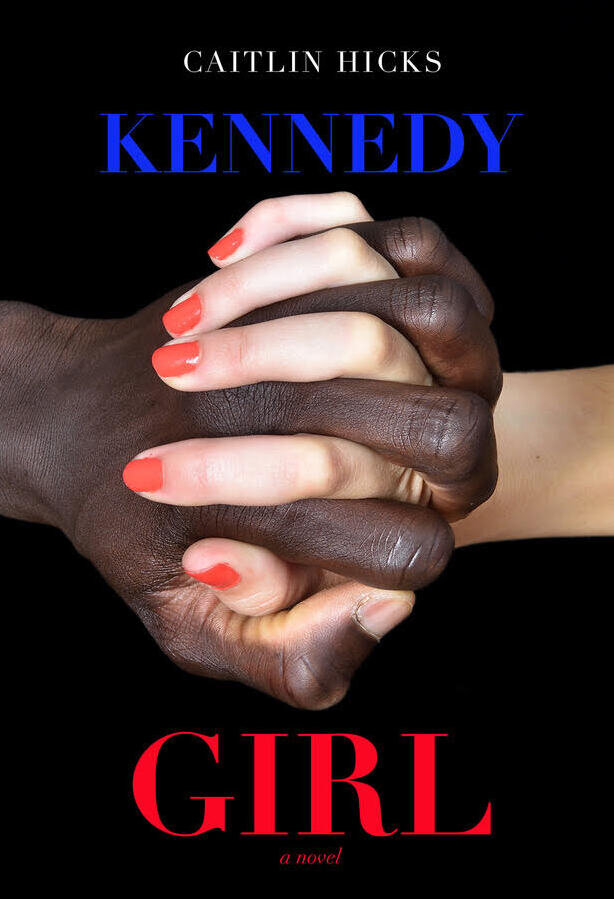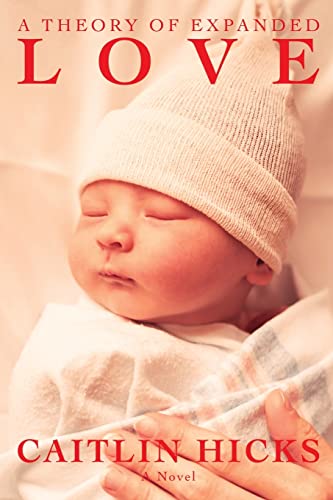by Jenny Tinghui Zhang
Release Date: April 5, 2022
Publisher/Imprint: Flatiron Books
Reviewed by: Caitlin Hicks
A multilayered story with a narrative driven by fate and a passionate search for identity and survival in the face of meaningless trauma, Four Treasures of the Sky by Jenny Tinghui Zhang is historical fiction at its most compelling and memorable.
Told in the voice of a well-considered memoir and lyrical as a poem, the novel is further enhanced by the presence of one character who embodies a ghost, Lin Daiyu, for whom Daiyu has been named and who accompanies her throughout.
On the first page of this generous, brutal, and heartbreaking novel, 13-year-old Daiyu, named after a beauty who has been cursed with a tragic fate, is kidnapped. It’s the first day of spring. Her parents have already disappeared, vanished in the middle of the night from their small fishing village. Her grandmother has already shaved her head, put her in boys’ clothes, and sent her to the nearby city of Zhifu.
“’Do not write me letters,’ she said, putting a cap over my bald head. ‘Letters will be interpreted. Instead, let us speak to each other when it rains.’”
In the wake of this devastating end of her childhood, Daiyu survives for a time in the seaside city disguised as a boy named Feng, while she waits for rain and searches for work.
“I looked no different form the urchins who roamed the streets, the ones who looked like hunger was the only thing keeping them alive.”
Feng now finds some shelter and consolation from Master Wang’s calligraphy school and the Chinese characters of the language. While sweeping the sidewalk outside the school, Feng’s child’s heart listens to Wang’s lessons, clinging to some order in her universe. His voice floats out above the courtyard, telling how the practice of good handwriting can make you a good human. The orphan listens to this philosophy of hope and discipline, begins to draw the characters with her broom into the tiles under her feet. The longing and innocence is irresistible, and the reader is seduced into her reality. The pages melt easily, and then Daiyu is tricked into the company of a man who keeps her prisoner while she is taught to learn English. Then he stuffs her into a barrel, ties a rope around her neck, and smuggles her onto a ship.
And through her experience, the details of the trip, the characters in the San Francisco brothel spring to life in this important historical remembrance: the brutality, the greed, the profound disrespect for women; the reality of slavery. Here, Daiyu is called Peony. As she waits to be “chosen” by a customer of the brothel, she adds up her growing awareness:
“’Now I am beginning to understand that tragedy makes things beautiful,’ Daiyu says, looking at her captivity through the lens of calligraphy. ‘I trace the character for man in my palm. Man: a field and a plow, the plow a symbol of power. . . . Whoever this man is will be the one entering me, and he will also be the one who takes everything away. I could mourn the loss of my girlhood now, but I do not let myself. Mourning it would be giving power to whoever takes it.
“’Man, without power, he is just a piece of arable land.’”
And here, the reader is comforted by Peony who endures the suffering of her fate. Daiyu/Feng/Peony/Jacob’s determination, her philosophical view of her experience softens the relentless brutality of it. It’s the only way, once you love her, and you do, that you could endure the rest of the story.
For the full review, go to New York Journal of Books
Caitlin Hicks is an author, playwright, and actress. Her debut novel is A Theory of Expanded Love, winner of the 2015 Foreword Indie Bronze Medal for Literary Fiction.


